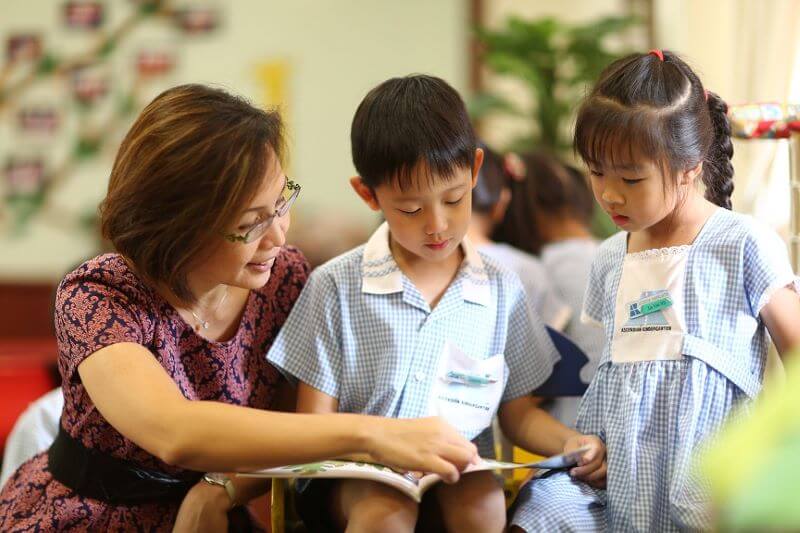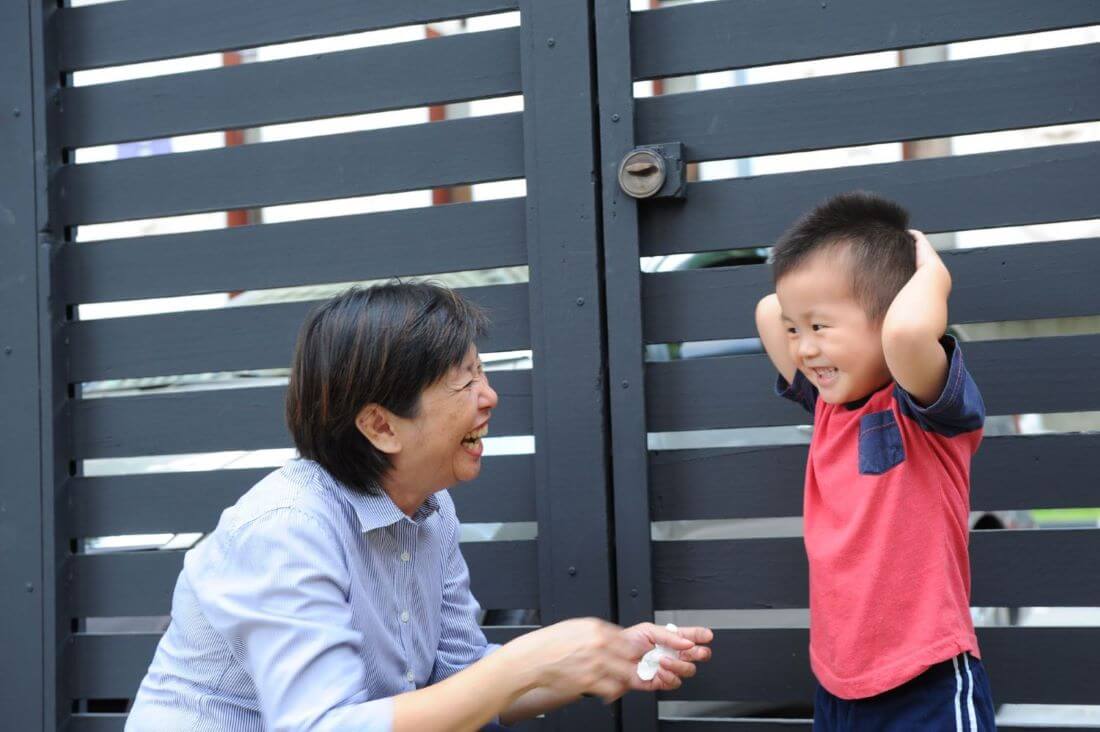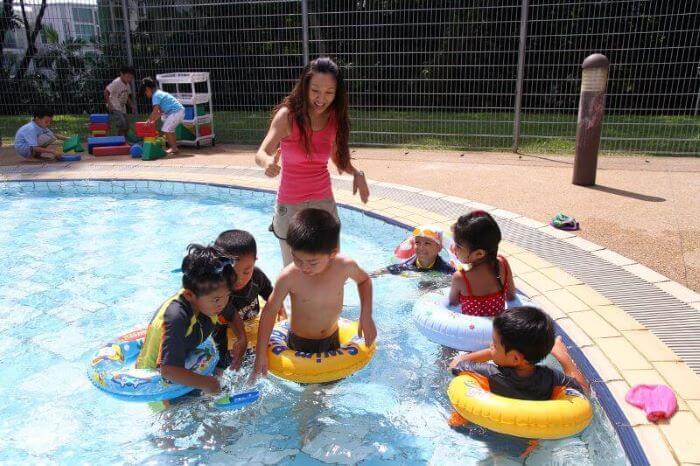The Adult As An Authority Figure

It was snack time. All the children were having fruit (four pieces of apple each) and milk at their own table. Wei-Yi, a four-year-old boy, sipped the milk, looked at the apples for a little while, and then said to the researcher: “The doctor said I cannot eat fruit.” The researcher did not respond. Wei-Yi then coughed a little bit and repeated to the researcher that: “The doctor said I cannot eat fruit. You go tell the teacher that the doctor said I cannot eat fruit.”
- Anecdote taken from research conducted in Taiwan
One way to understand how young children perceive adults’ power is to observe how they apply and exercise what they consider as an authority figure through everyday practice. As adults and teachers, what can we learn from this “snack time” episode?

In Taiwanese culture, every child is taught at a very young age to be grateful for food and is expected to finish all the food that is served. The same value is also upheld within the classroom setting. In the “snack time” episode above, the four-year-old boy was aware of the rules and expectations, but did not want to eat the apple – so he said: “The doctor said I cannot eat fruit.”
In the anecdote, the phrase, “the doctor said” was stressed three times. In a hierarchical society, such as Taiwan, doctors and lawyers are considered to be knowledgeable and powerful. The boy referred to the doctor’s order as a legitimate reason for not wanting/needing to follow the teacher’s classroom rule, which was finishing the snack.
Furthermore, he asked the researcher, an adult, to “go tell the teacher that the doctor said I cannot eat fruit”. Here is an example of what I term “double-authority”. There are two power layers in the quote: The first one was “the doctor said”, which made not finishing the food an acceptable exception. Then, instead of confronting with the teacher on his own, the boy asked an adult (the researcher) to tell the teacher what the doctor said — which doubled the power of the authority.
Contrast this with another episode involving Wei-Yi, who told the researcher on another day that he could not finish his lunch. The researcher suggested that he talk to the teacher, but the boy just shook his head and kept staring at his lunch. In this episode, the boy first tried to seek out an adult ally (the researcher). When he realised he was alone, he just gave up and did not even make any attempt to negotiate solely with the teacher.

The idea of “the doctor said” is a perfect example of young children making use of an authority figure to utilise power. Moreover, the use of “double-authority” demonstrates that young children can evoke a powerful adult as an authority to challenge that of the teachers.
However, the intent of double-authority expresses some ambiguity when it comes to adult-child power relations. On one hand, young children tactically utilise “adult-proven authority” – the societal taken-for-granted respectful profession – in exercising power over adults. On the other hand, this tactic implies the somewhat contradictory idea that young children do realise the degree of their powerlessness in everyday interactions with adults.
As preschool teachers, we should accept the reality of power struggles in the classroom. Perhaps we should also re-examine our institutional role and dominant role in relation to young children, and recognise active participation in the classroom life by young children, treating them as more than just passive receivers.

You may also like

From Cabin to Classroom: Journey of an Outstanding Early Childhood Educator
The PDP modules allowed me to get creative with lesson ideas and keep up with the ever-changing Early Childhood sector.

Ms Farhana Binte Mohamed Hassan
Early Years Educator - PCF Sparkletots @ Pioneer Block 987D (CC)

More Than Just a Place for Food
Young children are highly inquisitive, and learn most effectively with activities that allow exploration and experimentation.

Kinderland @ Yio Chu Kang

Little Fingers Create Great Art - A Community Project by Kinderland and Skool4kidz
I believe this collaborative effort is a very meaningful contribution to the SG50 celebrations.

Kinderland and Skool4Kidz